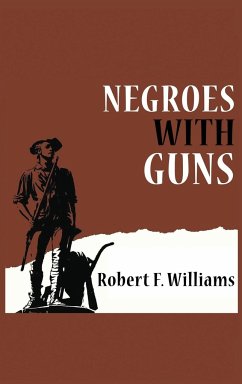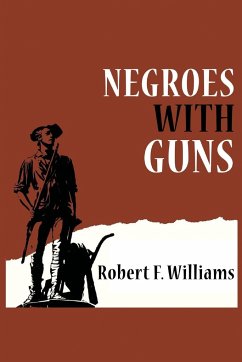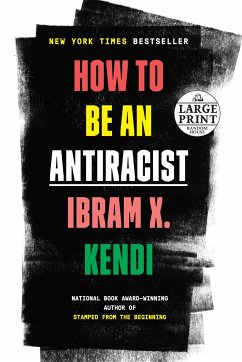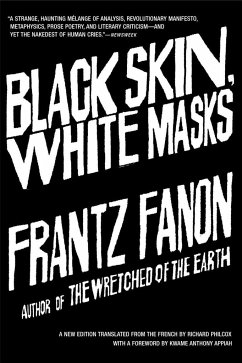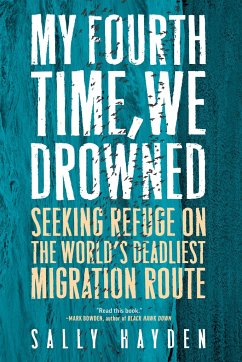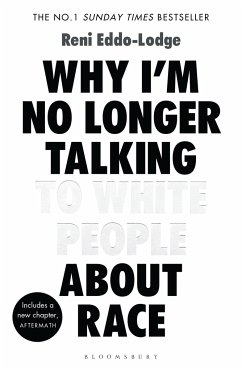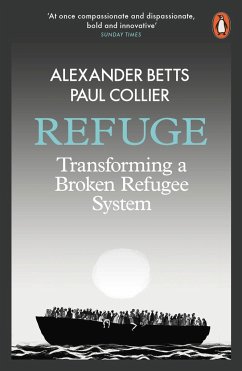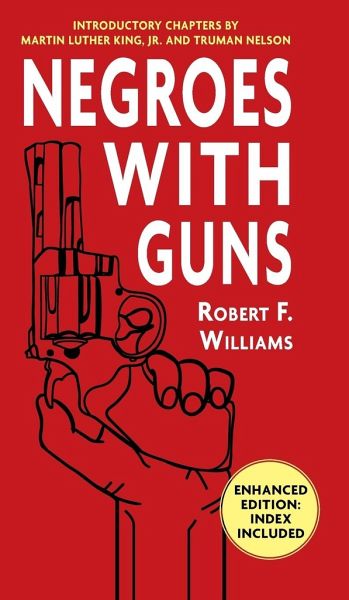
Negroes with Guns
Versandkostenfrei!
Versandfertig in 1-2 Wochen
21,99 €
inkl. MwSt.
Weitere Ausgaben:

PAYBACK Punkte
11 °P sammeln!
The Quintessential* Exploration of the Role of Violence in Protecting Civil Rights This enhanced edition includes an index. "I do not advocate violence for its own sake, or for the sake of reprisals against whites. Nor am I against the passive resistance advocated by the Reverend Martin Luther King," Robert F. Williams wrote in his prologue to Negroes with Guns. "But where there is a breakdown of the law, the individual citizen has a right to protect his person, his family, his home and his property." In 1961 Mr Williams led his Monroe, North Carolina community to arm themselves in the face of...
The Quintessential* Exploration of the Role of Violence in Protecting Civil Rights This enhanced edition includes an index. "I do not advocate violence for its own sake, or for the sake of reprisals against whites. Nor am I against the passive resistance advocated by the Reverend Martin Luther King," Robert F. Williams wrote in his prologue to Negroes with Guns. "But where there is a breakdown of the law, the individual citizen has a right to protect his person, his family, his home and his property." In 1961 Mr Williams led his Monroe, North Carolina community to arm themselves in the face of racist violence. This book spells out his belief that the ability to defend oneself is a legal right which could prevent racist incidents from occurring, and that self-defense compelled law enforcement agencies into action. "The lawful authorities of Monroe and North Carolina acted to enforce order . . . as a direct result of us being armed." As a result of his movement, Williams was vilified and framed, and subsequently fled the country, but his account of his struggle for the rights White America takes for granted remains a searing testimony to the racism which continues to plague the nation to this day. This book vividly captures effect of the debate in the Black community between non-violent and violent defense of civil rights as it played out in the 1960s. Williams graphically details his ongoing struggle with the Ku Klux Klan and the black community's attempt at armed defense. Framing this struggle in a wider context are essays on non-violence by the Reverend Martin Luther King, Jr., and abolitionist scholar Truman Nelson, who discusses the divergent views of King and Williams.





